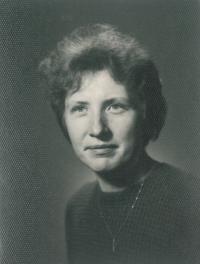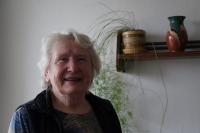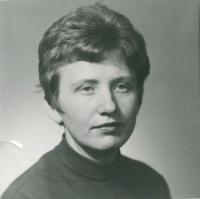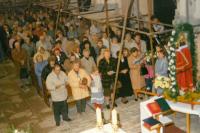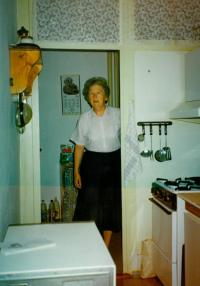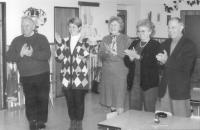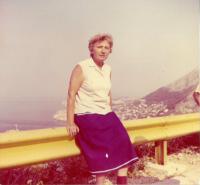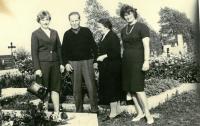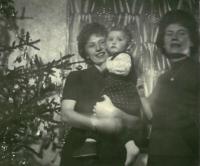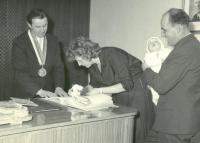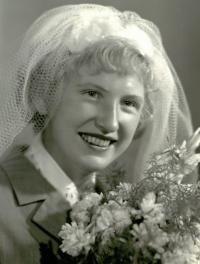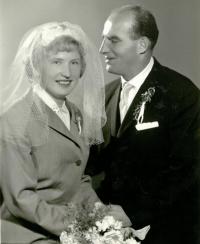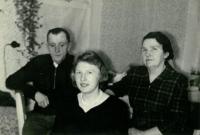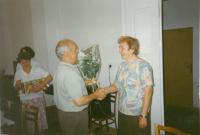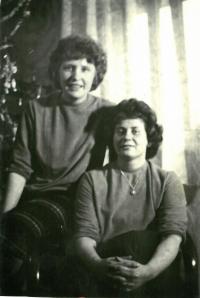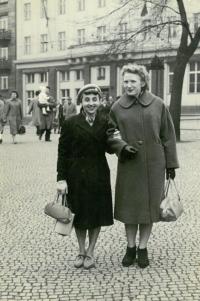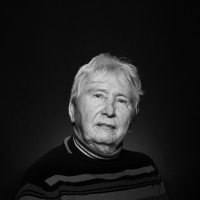When I was released from prison, to begin with I almost missed having a guard breathing down my neck
Ludmila Váchalová, née Hrdličková, was born on 18 August 1936 into a Roman Catholic family in Volyně in the Šumava Mountains. Her eleven-years-older brother Jaroslav Hrdlička (*1925) attempted to illegally cross the borders, but he was arrested and sent to prison in 1950. While there he co-founded a group called West-Svatopluk, which documented the day-to-day operations of the penal labour camp Svatopluk in Horní Slavkov and also printed anti-Communist leaflets. From the beginning of 1954 Ludmila Váchalová helped her brother pass the information he gleaned on into the West. She also participated in so-called balloon events, when leaflets were sent using a hot-air balloon. On 2 December 1954 she was arrested, and on 9 September 1955 she was sentenced to six years of prison. She served time in four different female prisons - she spent nine months in solitary confinement in Vykmanov near Jáchymov, she was later taken to Cheb, and then to Želiezovce in Slovakia and finally to Pardubice. In the spring of 1960, six months before completing her six-year sentence, she was released by an amnesty. Upon returning home she found employment at the Czechoslovak State Railways, where she remained until her retirement. In 1963 she married, she later gave birth to a daughter. Ludmila Váchalová is divorced and lives in Stráž near Tachov.

